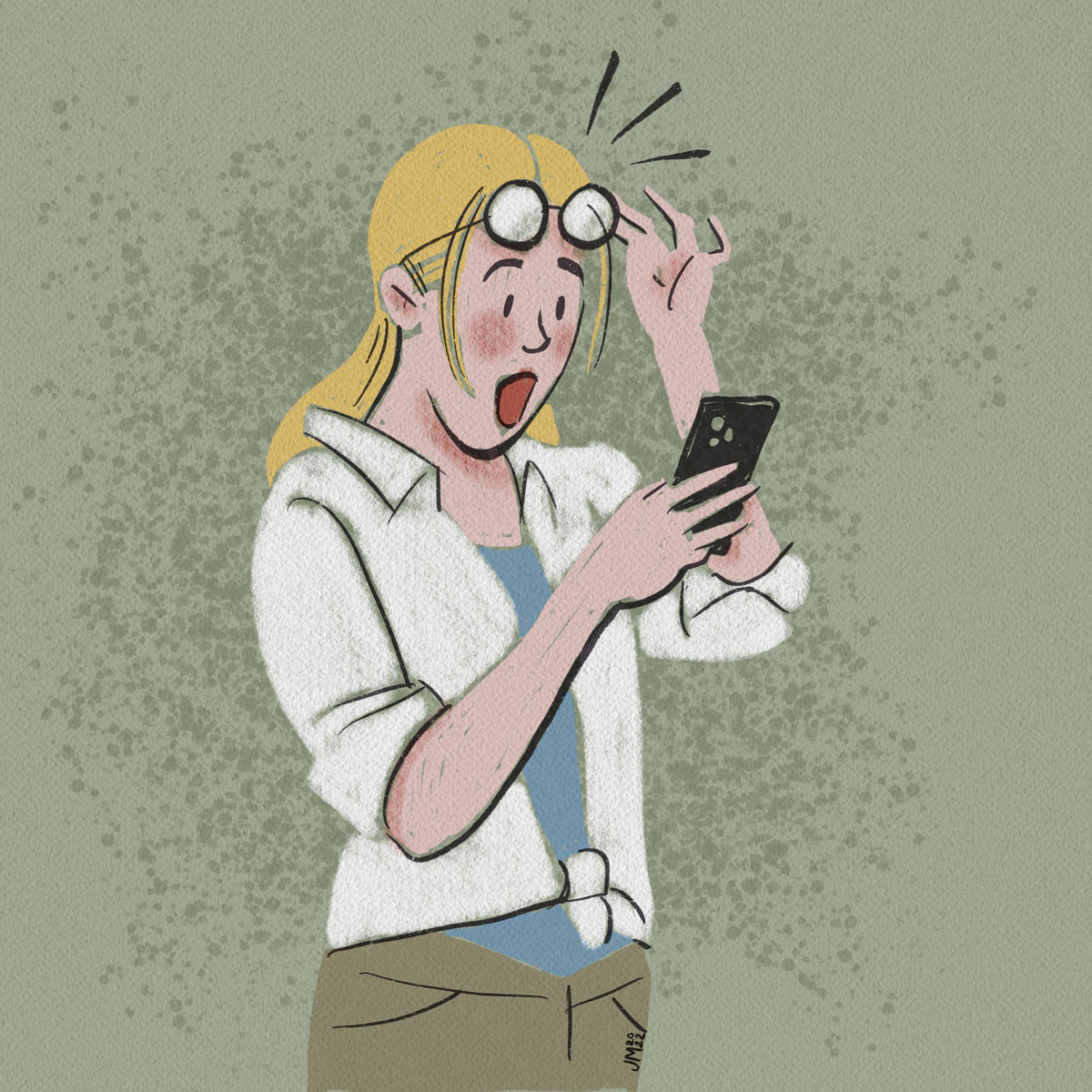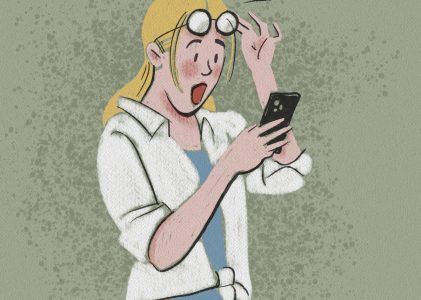It’s been a wild year (or two or five). Many of us have felt anxious or depressed, and these issues may have started when we were remarkably young, as you’ll see in #5.
Read on to learn about some of the mental health challenges we’re dealing with in 2022.

Mental Health Statistics
- 50 million Americans are experiencing mental health issues right now.
- Anxiety disorders are the most common mental illnesses in the US. About 40 million adults suffer from an anxiety disorder like generalized anxiety, PTSD, OCD or a specific phobia.
- More than 8.5 percent of adult Americans are intensely afraid of something like spiders, public speaking, heights or other commonly feared animals or situations. The largest age group with phobias is 45 to 49-year-olds, and women are more than twice as likely to have a specific phobia than men.
- Major depressive disorder costs the US as much as $326 billion per year. This is up from $210.5 billion in 2010. An estimated 61% of this cost is due to lost productivity, meaning that workplace costs related to a worker being absent or less productive far exceed the money spent treating the depression itself.
- About 50% of all mental illness begins by age 14 and 75% by age 24.
- 70% of young people in the juvenile justice system have a diagnosable mental health condition.
- 45% of LGBTQ youth seriously considered attempting suicide in the past year. Providing acceptance and support for LGBTQ youth may reduce their risk of suicide.
- Wyoming has the highest number of deaths by suicide per capita, with 30.5 per 100,000 people. New Jersey has the lowest number, with 7.1 per 100,000 people.
- At any given time in the US, about 1 in 3 adults suffer from acute insomnia (a few days at a time), and 1 in 10 adults suffer from chronic insomnia (a few days a week for more than 3 months at a time). The relationship between insomnia and mental health is bidirectional, meaning that trouble sleeping can be both a symptom of disorders like anxiety and depression and a risk factor for developing or worsening those disorders. Chronic insomnia also increases a person’s risk for developing other health conditions like diabetes, heart disease, and certain cancers (breast, ovarian, prostate, and colon).
- More than 50% of US adults with mental illness don’t receive treatment for it.
Next Steps
Clearly, mental health issues are a significant concern. When left untreated, they damage the things that matter most—your health, your relationships, your financial prospects, and your overall well-being.
If you or someone you love would benefit from mental health services, call your doctor or contact Athena Care, for mental health care in Tennessee. Reach out today, before it gets worse.
One of our Care Coordinators will help you get the care you need.

Rachel Swan, MS
Editor
Rachel has a Masters of Science in Clinical Psychology from Vanderbilt University, where she spent 16 years as a Research Analyst in the Psychology and Human Development Department.


